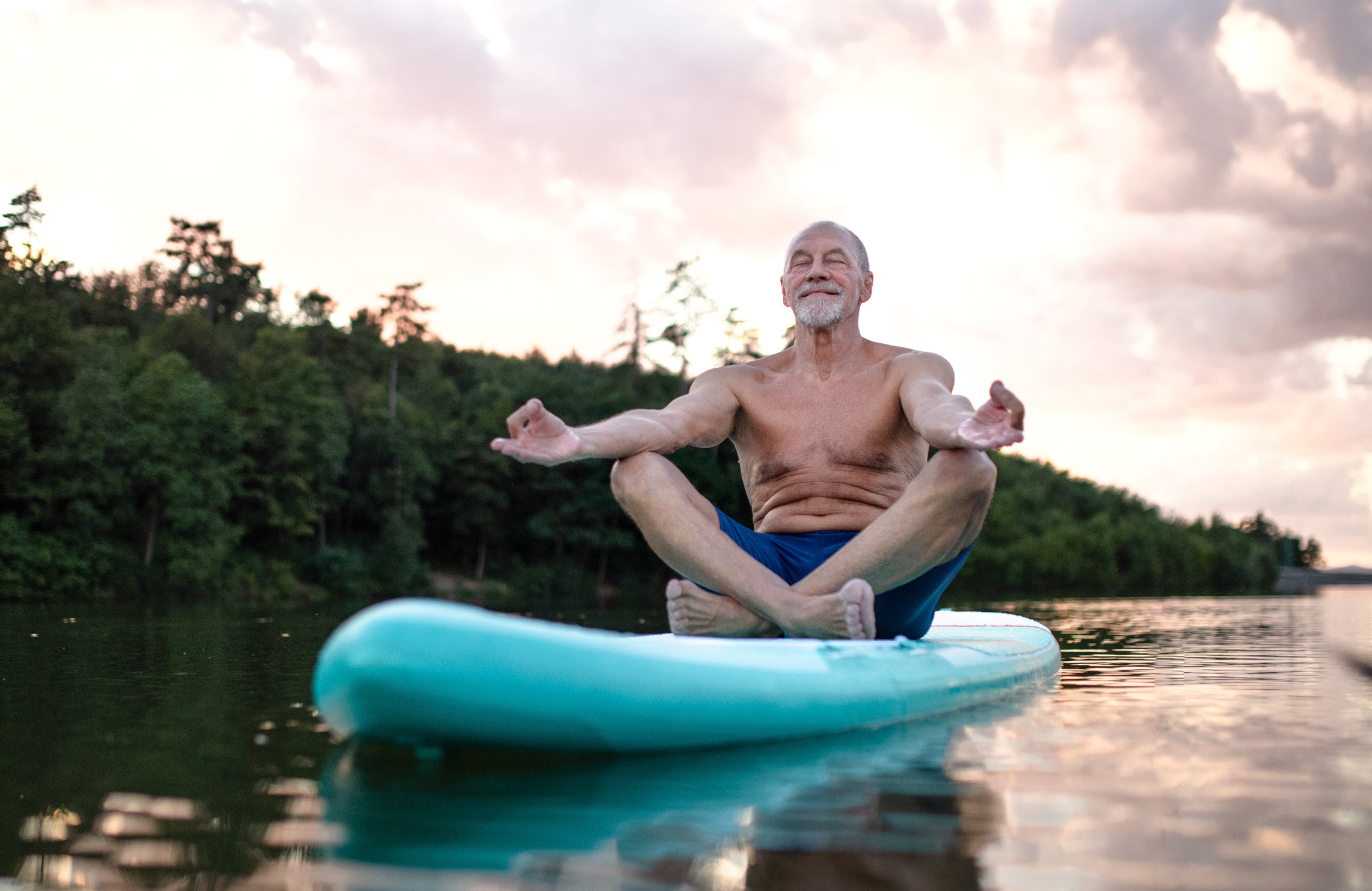Keeping balance as we age
Balance is a crucial aspect of overall health and well-being, especially as we age. As we get older, our bodies naturally undergo changes that can affect our balance, making us more prone to falls and injuries. However, with proper care and attention, elderly individuals can maintain their balance and continue to lead active, independent lives.

One of the most significant changes that occur as we age is a decline in muscle mass and strength. As we lose muscle, our balance can become affected, making it more difficult to maintain our footing and prevent falls. Additionally, as we age, our bones also become more fragile and prone to fractures. This means that even a small fall can result in serious injuries, such as broken hips or wrists.
To combat these changes and maintain balance, elderly individuals should focus on staying active and exercising regularly. Regular exercise can help to maintain muscle mass and strength, which can improve balance and reduce the risk of falls. Additionally, exercise can also improve cardiovascular health, which is important for overall well-being.
There are a variety of exercises that are beneficial for maintaining balance in the elderly. Tai chi, for example, is a gentle form of exercise that is specifically designed to improve balance and coordination. Yoga is another great option, as it helps to improve flexibility and balance. Additionally, walking, cycling, and swimming are all effective exercises that can help to improve balance and reduce the risk of falls.
In addition to regular exercise, there are also other strategies that can help to maintain balance in the elderly. One of these strategies is to make sure that the home environment is safe and free from hazards. This means removing tripping hazards, such as loose rugs or clutter, and making sure that stairways and walkways are well-lit. Additionally, elderly individuals should make sure that they have proper footwear, with non-slip soles and good support.
Another strategy for maintaining balance in the elderly is to focus on overall health and well-being. This means getting regular check-ups and taking any necessary medications, as well as eating a healthy diet and getting enough sleep. Additionally, elderly individuals should make sure that they are getting enough vitamin D and calcium, as these nutrients are essential for maintaining bone health.
Finally, it is important to note that balance problems can also be caused by underlying medical conditions. Conditions such as Parkinson’s disease, stroke, and diabetes can all affect balance and coordination. If an elderly individual is experiencing balance problems, it is important to consult with a healthcare provider to rule out any underlying medical conditions.
Overall, balance is a crucial aspect of overall health and well-being, especially as we age. As we get older, our bodies naturally undergo changes that can affect our balance, making us more prone to falls and injuries. However, with proper care and attention, elderly individuals can maintain their balance and continue to lead active, independent lives. Through regular exercise, a safe home environment, and overall attention to health and well-being, elderly individuals can maintain their balance and reduce their risk of falls and injuries. Additionally, consulting with a healthcare provider to rule out any underlying medical conditions that may be affecting balance is also important. With these strategies, elderly individuals can maintain their independence and continue to live active and fulfilling lives.
